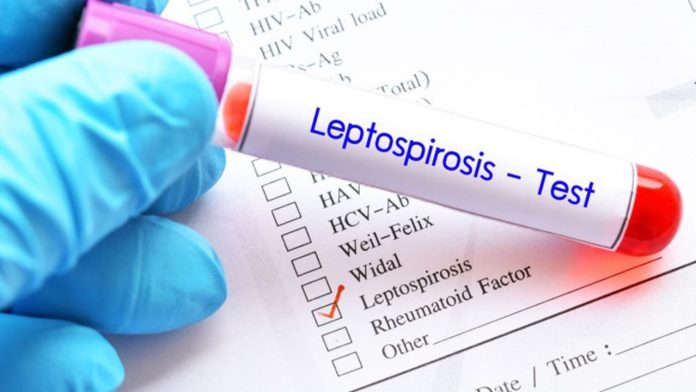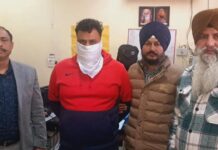The monsoon season is notorious for its numerous infections and illnesses that are brought on by contaminated water, an increase in bacteria, and insects. Malaria, dengue, gastroenteritis, and viral infections are a few of them. One of the most prevalent zoonotic illnesses, leptospirosis, is becoming more widespread in the metropolis. It can be contracted if one comes into touch with water, soil, or food that has been contaminated with animal feces, which is also known as Weil’s disease.
Causes
Wading through contaminated water that has accumulated in places after a region has seen unusually heavy rains is one of the leading causes of leptospirosis. Consuming unwashed produce or getting into contact with animal excrement are two ways to become ill. Through the skin and mucous membranes, the bacteria enter the body, travel to the gut, and then spread throughout the circulation, causing an infection.
Who can become ill?
Water that has been contaminated can be contacted by individuals who are strolling on wet roads, children playing in muddy fields, veterinarians, people working in slaughterhouses, and sewage workers. People can become sick by swimming in dirty lakes or ponds. People who walk barefoot across garbage-filled roads are more likely to contract an infection.
Symptoms
Leptospirosis symptoms might appear between 5 and 14 days after the incubation period. Patients typically present with a high-grade fever, respiratory problems, and chills in relatively moderate forms of the illness.
In contrast, patients who have a serious infection may also experience renal or lung damage. Jaundice, bodily pains, and occasionally a decrease in urine production are possible. A decrease in the blood platelet count can also be brought on by leptospirosis.
Leptospirosis symptoms and signs frequently resemble those of malaria, which can make a diagnosis difficult. Presentations resembling those of Weil’s illness can also result from other liver infections.
It is significant to remember that this condition affects people of all ages. Leptospirosis can affect anyone, although those with compromised immune systems or the elderly may experience more severe cases.
Diagnosis and treatment
Basic hygiene measures to prevent this infection include properly washing food under running water and washing one’s hands and feet with soap and water after coming into contact with soiled water. If one is going outside, they should wear protective gear and stick to boiling and cleaned water.
A blood test can be used to identify this illness. In the absence of conclusive tests that are negative, a combination of signs, symptoms, and suggestive blood tests may allow for a diagnosis.
Antibiotics are provided based on the disease’s severity. If you have a fever that isn’t going away after taking antibiotics, see a doctor as soon as you can. If the infection doesn’t go away, you might need to stay in the hospital.

 हिंदी
हिंदी






